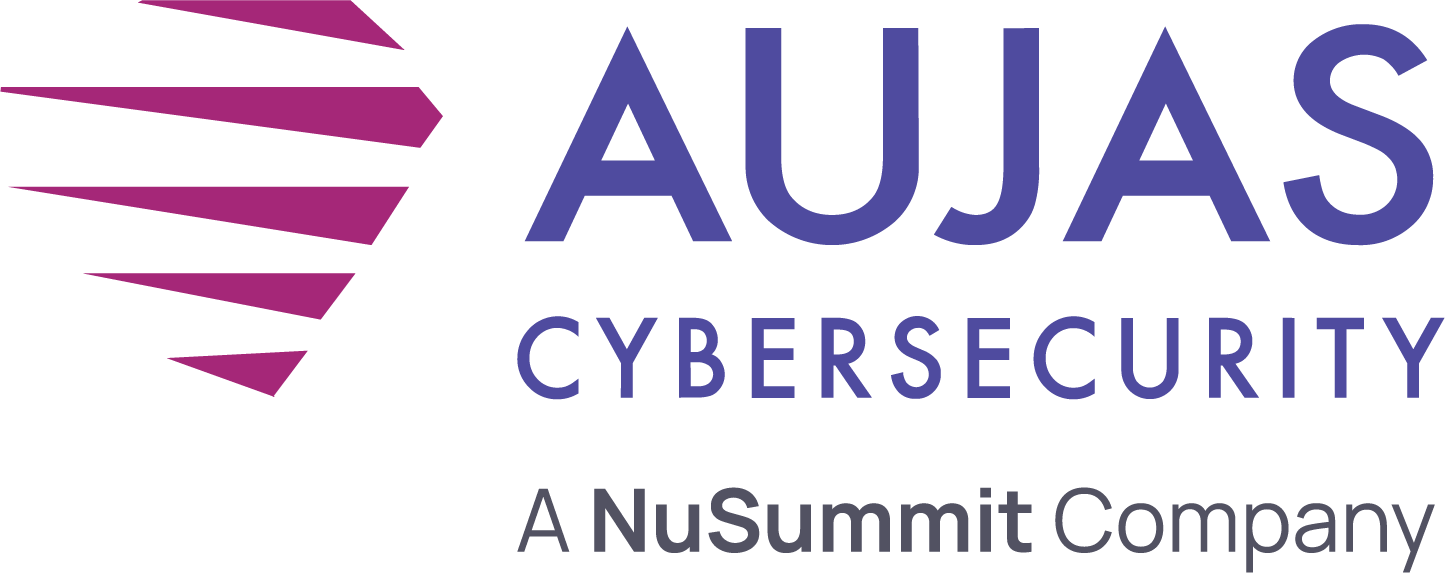2014 has been one of the worst years for cyber-security breaches with a record number of high profile cases. Let’s look at some of the most recent attacks on companies and examine this escalating trend in cyber-security.

Sony is the latest company to face a serious cyber-security attack.
Sony cyber-security breach
Recently it was announced that Sony Pictures Entertainment had faced yet another cyber-security breach and arguably one of the worst to date. Not only did the hackers deface Sony websites, leak films and disclose the pre-bonus salaries of Sony executives but they are also thought to have stolen and sabotaged data too. With similar attacks on major broadcasters and banks in South Korea taking place last year, many are pointing the finger at North Korea; however nothing has yet been proved.
According to the latest reports, the addresses and social security numbers of over forty seven thousand employees and Hollywood actors at Sony Pictures Entertainment have been stolen as a result of the breach. It is believed that the hackers gained access to key documents including Excel files that had not been password protected.
Although this is thought to be one of the biggest security breaches to date, it is unfortunately not the first for Sony. Back in April 2011 the company was fined £250,000 by British regulators for failing to protect its users from their personal data being leaked online. Over one hundred million users had their information stolen in the attack, including bank account numbers, account names and customer addresses.
More high profile cyber-security breaches
This year a number of high profile companies have been the victims of advanced persistent threats – an attack where unauthorized persons gain access to a network and remain undetected for a long period of time. The hackers usually install malware on the system, which is designed to steal data rather than cause damage to the network or organization.
Back in October J.P. Morgan Chase announced it had been the victim of an advanced persistent threat over the summer, where it is believed that the information of around seventy six million households was compromised. Other cyber-security victims over the years have included Walmart, Target and Home Depot.
This year Apple was even at the center of a cyber-security scandal when a number of high profile Hollywood celebrities including Jennifer Lawrence had photos stolen from their iCloud accounts. However Apple has since stated that the target wasn’t the company’s systems (which include iCloud and Find my iPhone) but the celebrities’ individual accounts.
What’s in store for 2015?
The growing number of cyber-security threats should be of concern to major companies and even governments. Serious cyber attacks and advanced persistent threats are becoming very common and with hackers using increasingly sophisticated methods to penetrate systems and obtain information, companies need to work harder than ever before to stop them.
The recent cyber-security breach at Sony is a harsh reminder that even the smallest mistakes can lead to extreme problems for a company and not only cost them money but also potentially their reputations. You have to remember that it’s not just your company information that it in jeopardy but the privacy of customers’ and their personal information too.

Governments and companies need to step up their IT security and educate their employees on its importance in order to minimise the risk of cyber-security attacks.
Interestingly in another survey, CISO’s were optimistic in their ability to defend against data breaches and 94% were optimistic that their organizations ability to prevent data breaches will improve in 2015, even though of 68% feeling that their organization will be the target of a cyberattack.
What can be done?
In order to stand the best chance at fighting off hackers and minimizing the risk of cyber-security attacks, companies need to take control of their systems and build more advanced security intelligence and analytics. Whilst implementing the necessary security software and applications can go a long way in stopping cyber-attacks, companies need to get smarter using intelligence to thwart data breaches.
Image credits: https://www.flickr.com/photos/111692634@N04/15327725543/ and www.perspecsys.com





